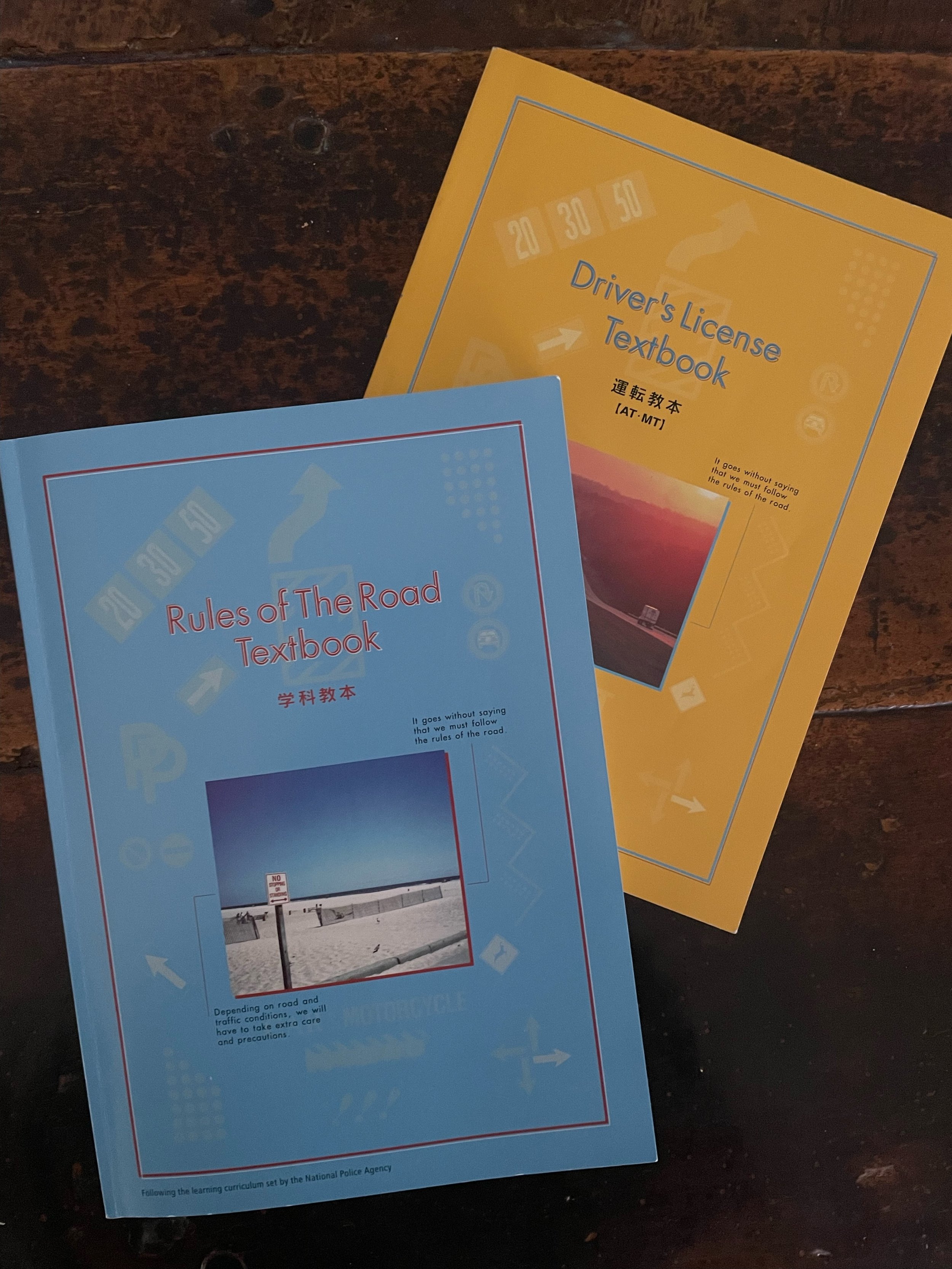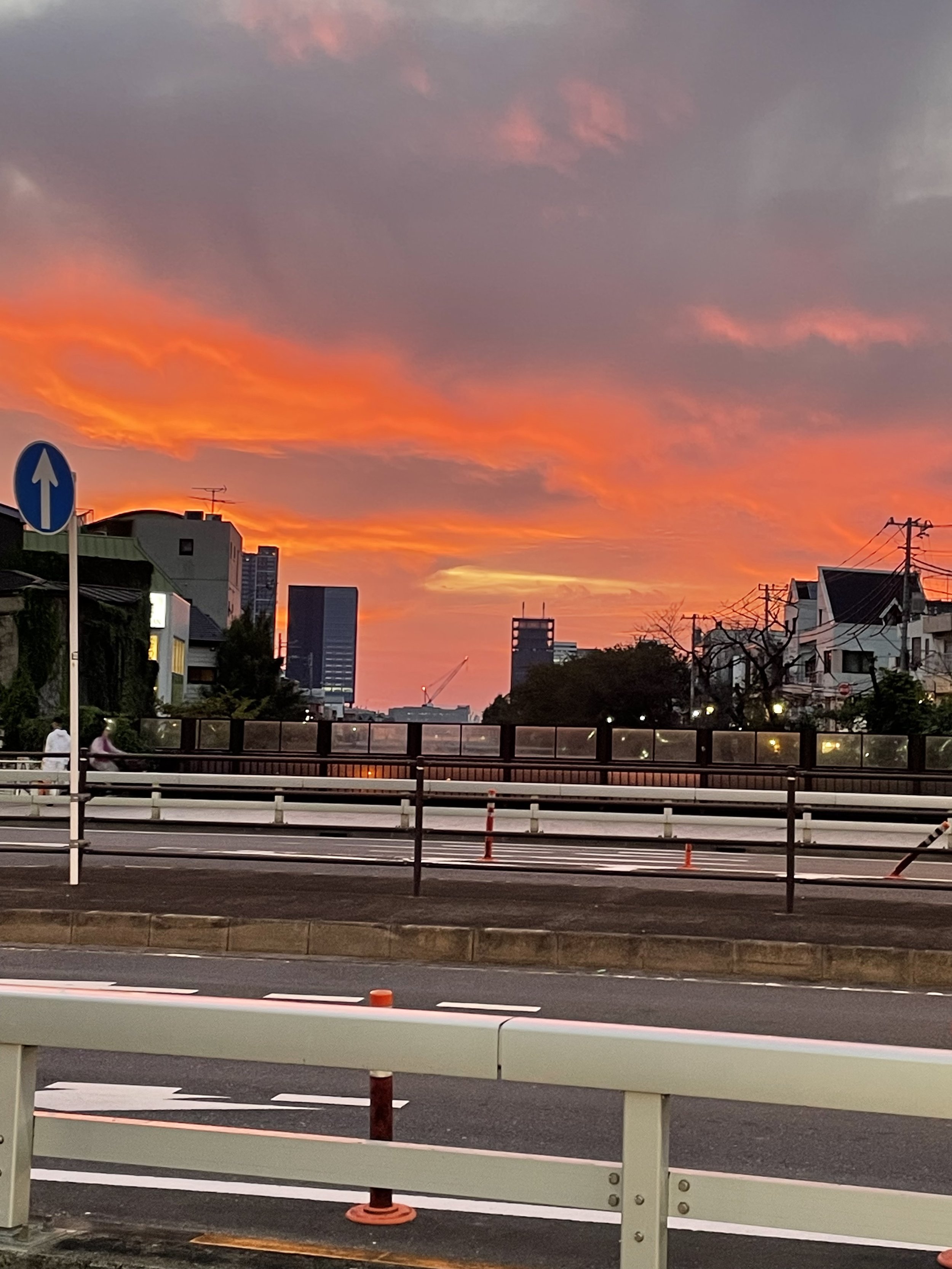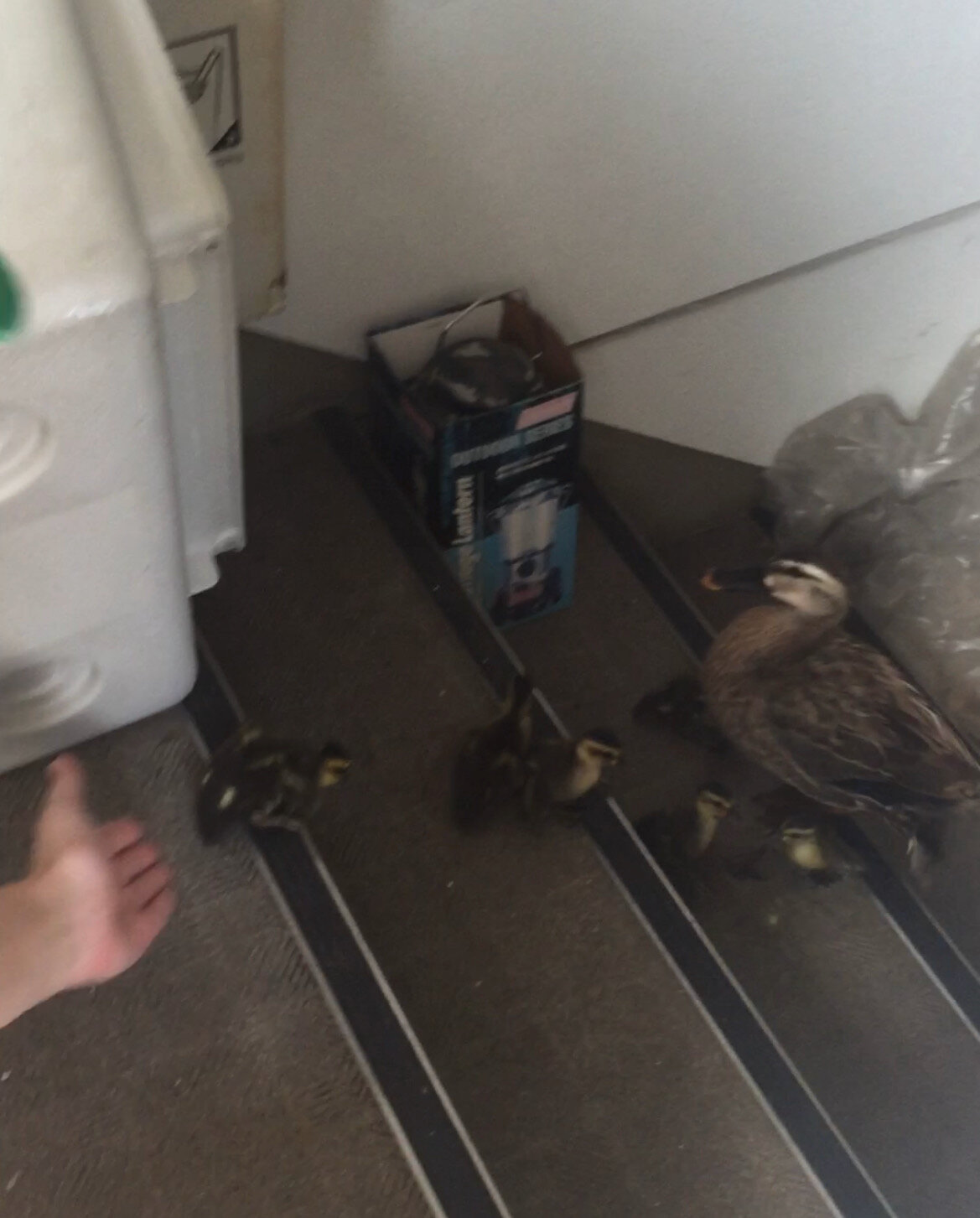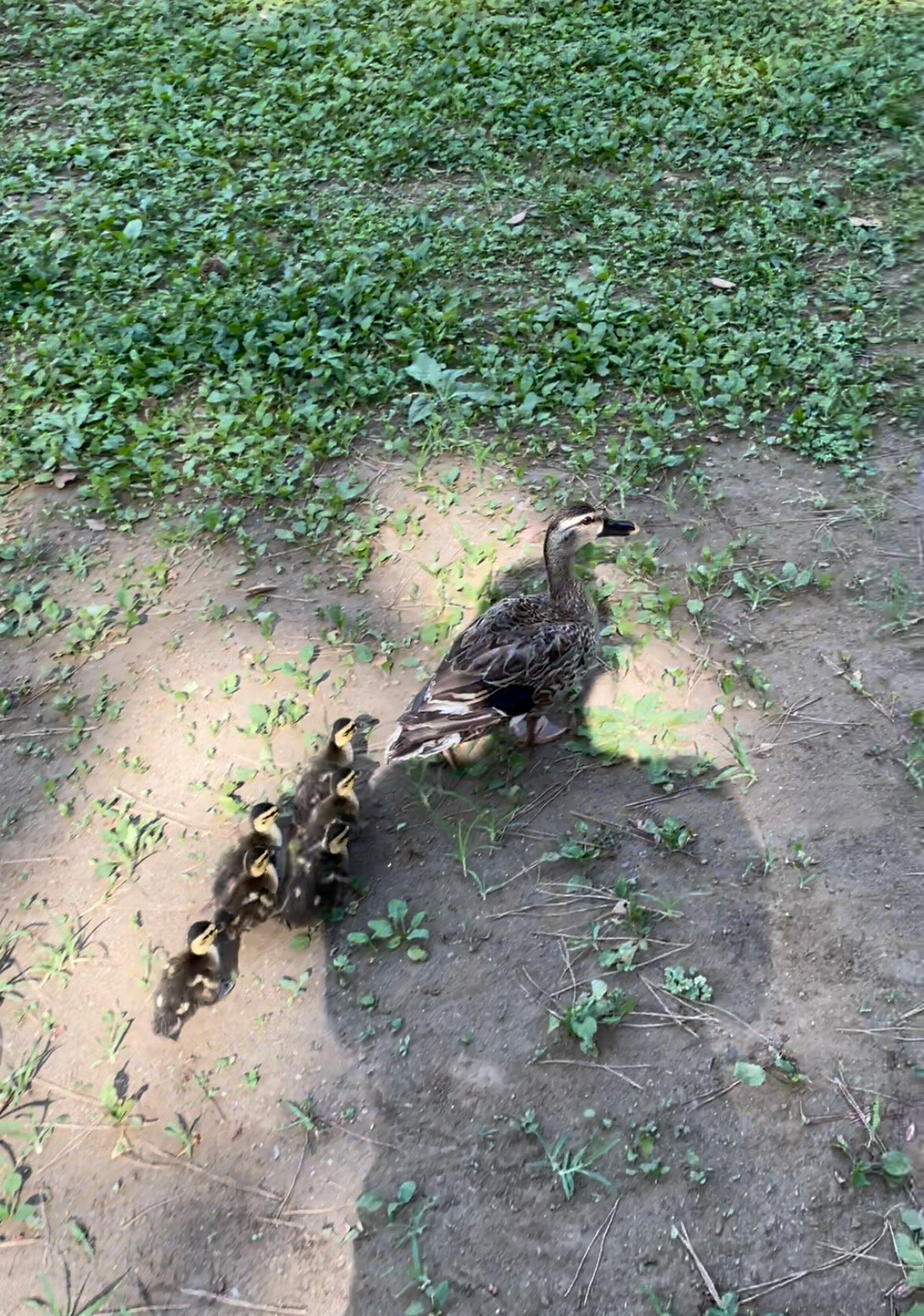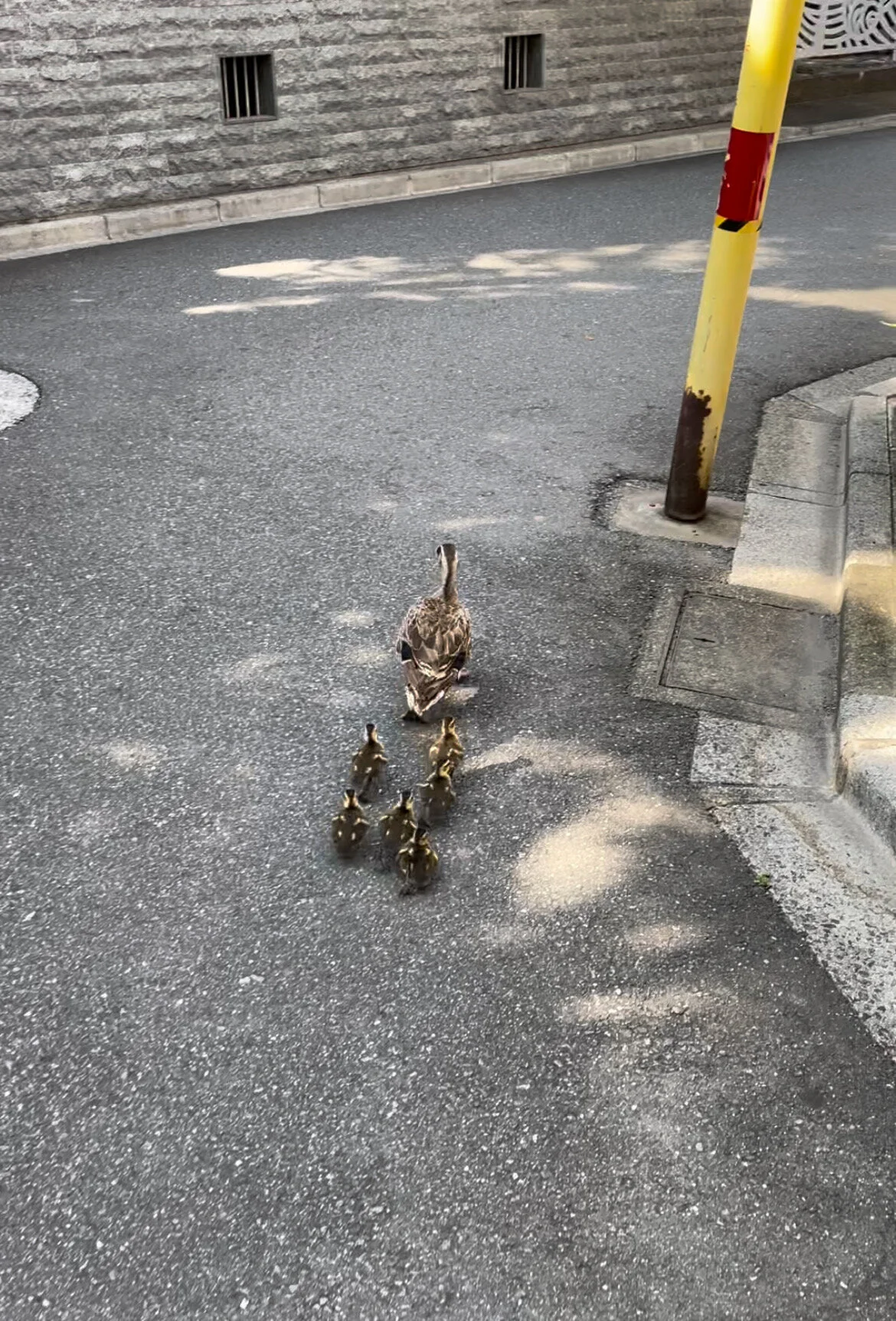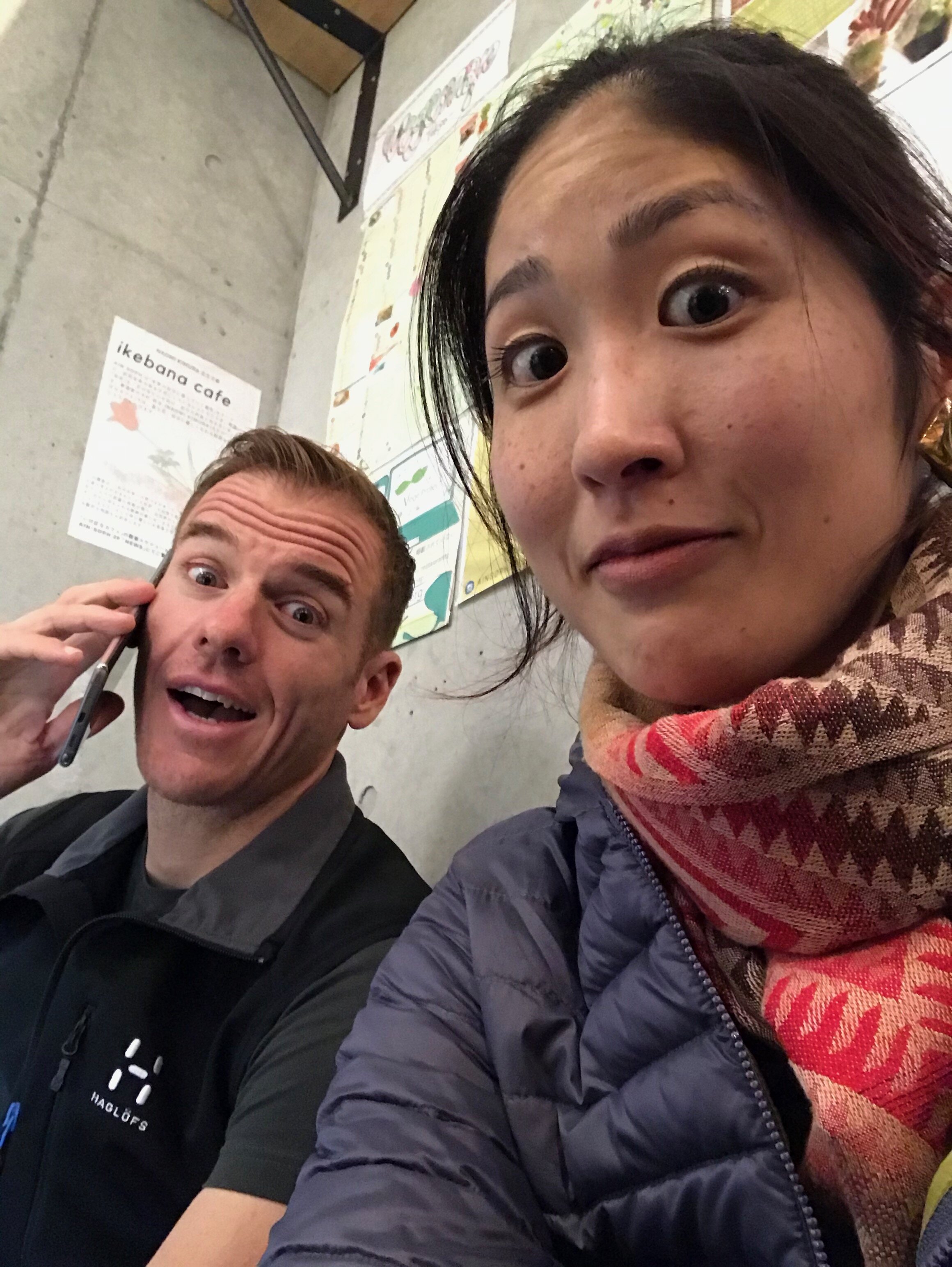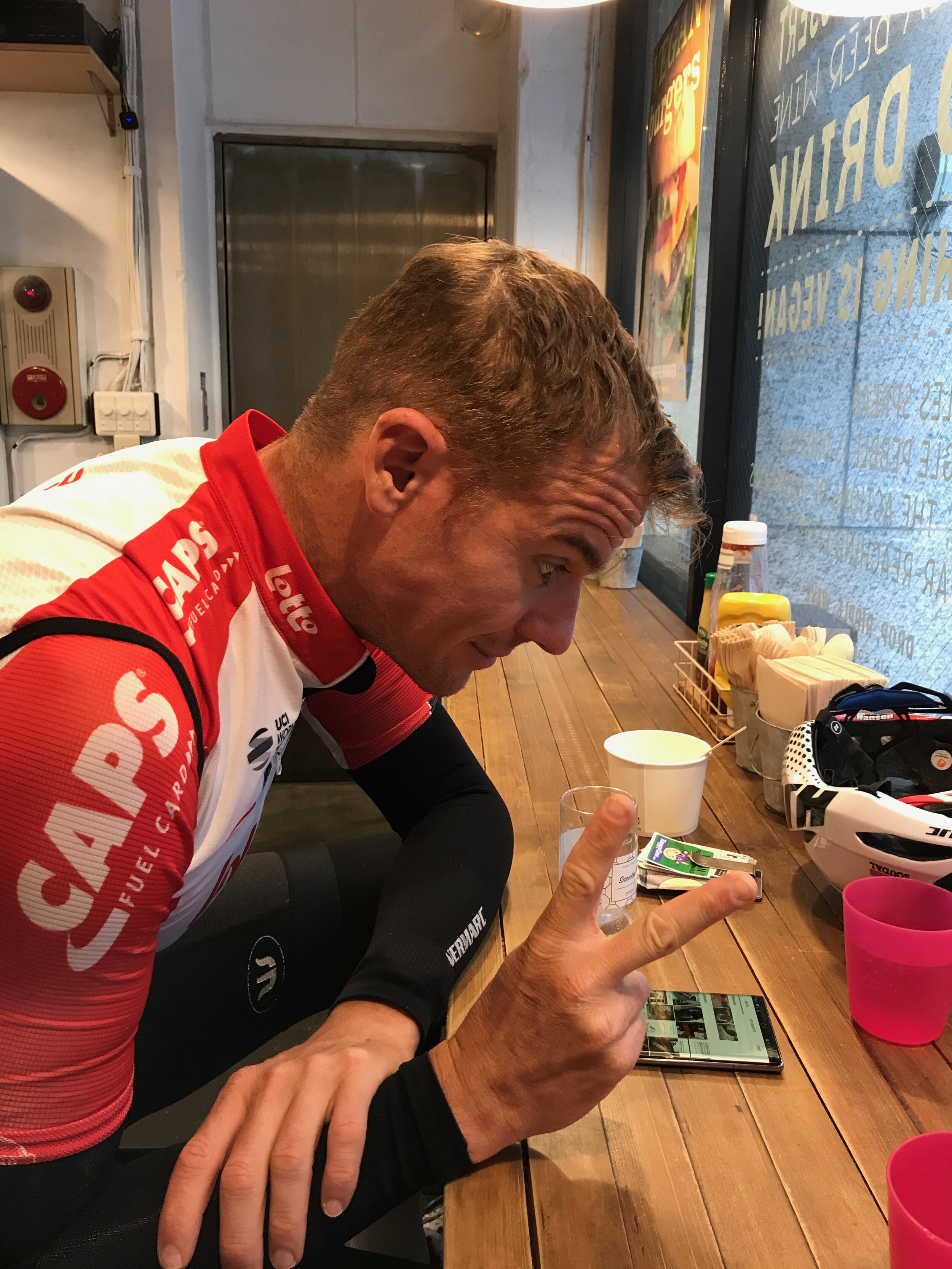In mid-November, I signed up for driving school. How I managed to make it to 40 without ever operating a vehicle was due to a combination of good public transportation, the kindness of friends, bicycles, and Ubers. Depending on public transportation while in Tokyo is easy – we have layers of subway lines and trains that make the need for a car almost obsolete – and getting around by bike in Boston wasn’t difficult either. I assumed, too, that future outdoor excursions would primarily happen on two (unmotorized) wheels. Given that I would likely never need to own a car here, and the cost of driving school in Japan, I kept putting it off. Besides, Uber exists for a reason, right?
What I did not exactly think through is that while Ubers and taxis and friends can drop me off at a trailhead, getting transportation back to civilization from a point where cell phone reception is sketchy, at best, is more complicated. The idea of having a metal box with wheels to plunge into when a bear or cougar inevitably chases me down a mountain provided some further reassurance from involuntary death. Around the time of this realization, friends also started – quite inconveniently – to have children that they preferred or were required to pilot around to avoid being featured on Dateline. All of which indicated that I needed to do what I should have done 20 years ago: learn how to become the Drift King of Tokyo.
So far, learning how to drive has involved more homicide than I’d expected. My first hour at driving school consisted of an aptitude test that asked whether I’d considered killing myself and how much I resented others. I assume this is a low-tech way for the government to gather psychological information on its citizens, which I promptly handed over because I’d really like to drive a car. A lecture on driving safety was followed up by a video showing a man killing a child in a crosswalk and his subsequent imprisonment. While a voiceover warned about criminal penalties, the man, dressed in a prison-issue sweat suit, desperately pleaded with his weeping wife through a thick plastic wall. Another lecture involved how not to use your car horn if you don’t want to get murdered, or worse, judged, by strangers.
As for the actual driving itself, well, good luck to everyone else. Movies always show the protagonist, a.k.a. Vin Diesel, dramatically shifting into top gear. I shifted into 2nd with the same flair only to have my instructor grab the steering wheel and gently turn the car to avoid driving into the other lane. Within the first week of driving school, I was instructed to stop and start on a steep slope. I immediately rolled back at least a meter while trying to start the car, three times. A couple days later, I was told to negotiate narrow S-turns. It felt like playing Operation, with only my left foot pumping the clutch for navigation.
The process to “join the motoring community” as the driving school textbook calls it, is more mentally draining than I’d expected. The steering wheel and I continue to have our differences. At this age, or because I haven’t been in a formal learning environment for over a decade, attempting to absorb information and accurately and consistently repeat actions for more than an hour turns my brain into oatmeal. My choice of the semi-English course – where the lectures are in English but the driving lessons are in Japanese – means that I am also trying to translate my thoughts into Japanese as I steer, slow, and stop. I can feel steam coming out of my ears as my 40-year-old meat computer gradually overheats and ceases to function.
Driving school also apparently includes lesson on how to manage someone else’s emotions while under stress. So far, two instructors have lost their tenuous grasp on emotional stability with me at the wheel. This either confirms that I am doing my part to terrorize them, or that they have misplaced passenger princess expectations. One male instructor got so upset he made me sit in the passenger seat while he turned at speed before slamming on the brakes, to punish me for my poor driving. It seemed dramatic, even for me. I considered trying to translate “bro, chill” into Japanese, couldn’t come up with anything, and instead hoped he wouldn’t run me over on the way out.
Incredulously, my learner’s permit test is scheduled for the end of this week, after which I’ll be let loose with an instructor on open roads. I have little to no hope of actually passing, but no one ever said the road to becoming Drift King would be easy. Plus, there can’t be much of a villain/vigilante story without failures that will shake the core of my car-driving being, right?
And until then, well, just call me the Engine Stall Queen.
